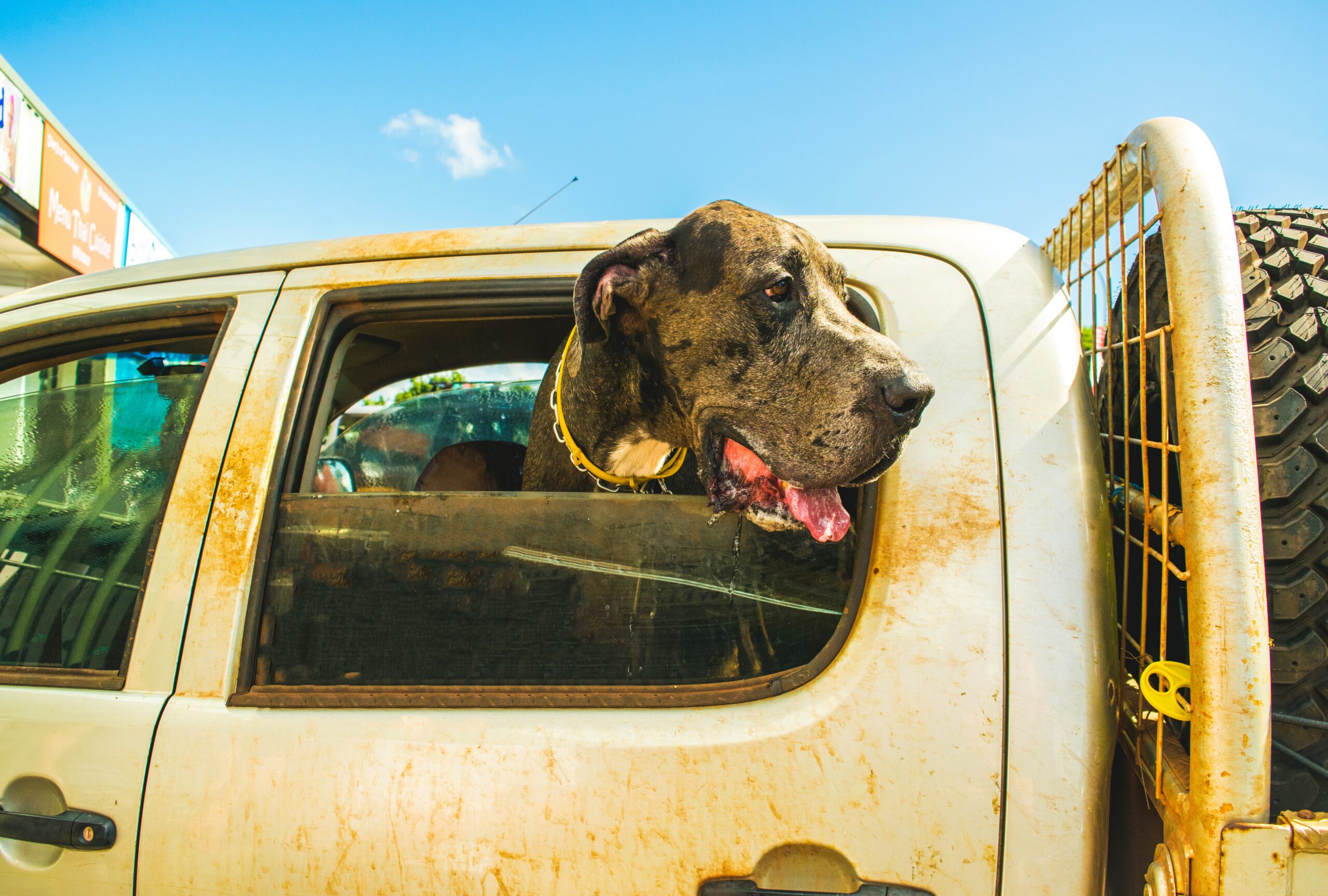Large breed parents know that there are some pros and cons to having a canine companion with a considerable stature and weight. If you haven’t had a large breed before, you should carefully evaluate some of the logistical nuts and bolts of caring for a dog that is 60 pound or more.
1. Big Dogs Could Impact Housing Options
In some metropolitan areas, it can be somewhat challenging for renters to find pet-friendly options. Some buildings that allow pets have size limits for dogs. 50 pound restrictions are common restrictive covenants in condos and prohibitions in professionally managed apartment buildings. You may have to pay a premium on a rental unit if you have one or more large pets
2. Large Dogs Need Large Spaces
A large dog needs a good amount of space in order to have a comfortable living environment. The interior size of your home is particularly important if you have to leave your dog while you are away at work. Putting a dog in a crate can be cruel, and you need to leave your dog in an area with sufficient square footage to support mobility and joint health.
It would be great if you had a secure yard where your dog could run around, play outside, and get some fresh air. If an outdoor space is something you’d really like for yourself as well, consider making a move to optimize your time at home with your dog. You can use a mortgage loan calculator to estimate the potential expense of moving into a larger house.
3. Plenty of Outdoor Time Is Essential
Dogs thrive in environments where they have the chance to spend lots of time outdoors in safe and clean areas. Getting to spend time outdoors is good for their owners too. Dog owners need to be conscientious about environmental risk factors in certain areas that could have a detrimental impact on pets’ health.
Improving the environment is possible in the foreseeable future, and new generations are being inspired to actively remediate damage in many educational curricula, However, advancement within a dog’s limited lifespan may be out of reach. Air pollution lesson plans for students present cause for concern about pets’ health as well as people’s, so living in a less densely populated locales could promote a large breed’s health and longevity by sparing them from prolonged exposure to contaminants.
4. Leash Training a Big Dog Is a Big Priority
Controlling a large dog is a lot more challenging than controlling a small dog on a harness. Without adequate leash manners, your dog could easily run into harm’s way. Even if you can firmly control a large dog on your walks, the sudden force of a strong pull can catch you off guard. You need to carefully evaluate your own comfort level for controlling a large dog, and you need to devise a comprehensive training plan to make your walks as safe as possible.
5. Large Dogs Can Have Complex Medical Needs
Some large dog breeds are prone to orthopedic conditions. This is especially true of purebred dogs who have greater incidence of genetic deformities that can cause issues such as hip dysplasia. Research the health conditions that are prevalent in specific breeds that you are thinking about getting. Bear in mind, however, that a high incidence of conditions doesn’t mean that a dog would definitely get it. Genetic testing for various markers can give you a strong idea about a dog’s individual susceptibility to health conditions. A preventive approach to treatment can make health conditions that are common to large dogs more manageable.
Lastly, when you get a puppy with a breed that has a fairly broad weight range, you shouldn’t assume that your dog will be on the lower end of the spectrum. Even if the male and female dogs who were your puppy’s parents were relatively small, that trait won’t necessarily pass down to its progeny. You have to assume that your dog could surpass the average weight for its breed.
photo credit: shea-rouda-EjsVRPb4mIY-unsplash
Love our content? Share it with a friend or link it to social media. Like short clips of cute household pets? Training tips? Follow us on instagram @nydognanny or on YouTube at nydognanny. Have some news you needs to get to dog and cat parents stat? Email info@newyorkdognanny.com with your article pitch.



